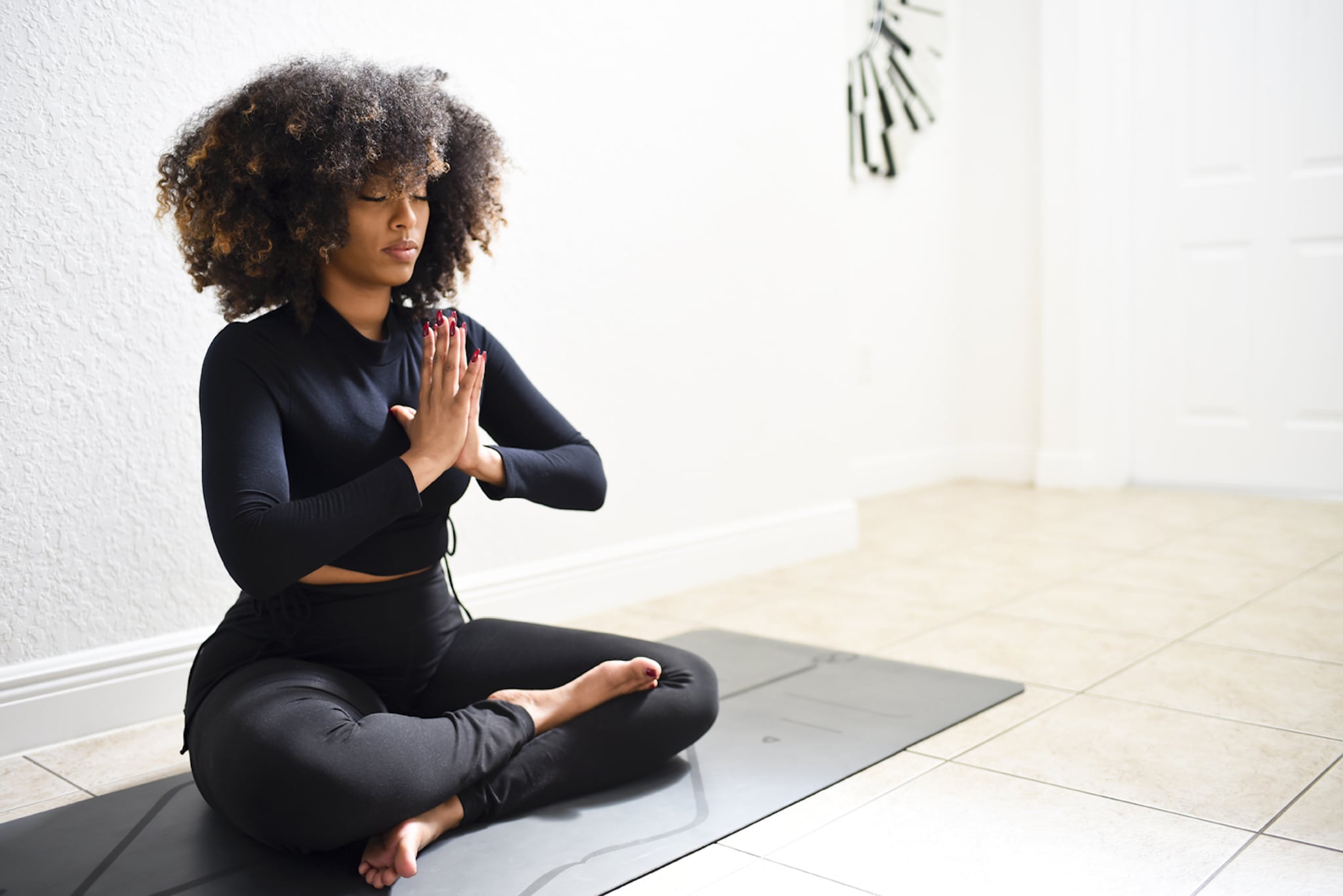__________ is the reaction of the body and mind to everyday challenges and demands while _________ is anything that causes stress.
1. Stress
2. Stressor
Name two symptoms you notice when you're stressed.
Opinion Based:
Tight muscles, Angry, Irritable, Silent, HR, etc...
Sisters, stress that's left unchecked can lead to many health problems. Share a reason you feel stress is at an all-time high.
Varies: Opinon
Pandemic, social media, loss, etc...
Sisters, these things are the effects of too little stress:
What is: boredom, depression, anxiety, poor health, poor performance.
True or False: when stressed it is helpful to take short shallow breathes to calm you down.
False. You should take long deep breathes
Sisters,
Fear and uncertainty.
Attitudes and perceptions.
Unrealistic expectations.
Are all known as THIS type of stressor?
What is an Internal Stressor
True or False: Stress can affect sleep & explain your answer.
True: Increase or Decrease - Depends on the person.
Without knowing the _____________it is hard to manage stress.
Sources of stress.
Sisters, these are examples of how stress HELPS us. Share a personal example.
Keeps you focused and on task. Allows you to get things done. Keeps you motivated. Allows you to ACT (flee, move).
What is one of the most popular coping skill?
___________________ are two examples of a Life Stressor.
Death of a pet, friend or parent, the separation/divorce, family discord, or having trouble in relationships with friends, school, work. Difficulty finding a provider.
When we are stressed we experience physical, emotional, and social symptoms. Give an example of each ($100 each).
Physical: Pounding Heart, difficulty breathing, chest pain, headache, stomach pain, nausea, sweating, high bp, weaken immune system, sweating, low energy, diarrhea, and a sensation of numbness or tingling in your hands, arms, and face, dysfunctional sleep patterns, including nightmares, too little sleep, difficulty falling asleep, or even oversleeping.
Problems getting along with others. Changes in behavior at home (short temper, unexplained anger, crying for no reason). - Regression -- behavior that is not age-appropriate.
Social/Emotional: Communication difficulty or personality changes, such as becoming withdrawn or requiring much more attention than usual. - Impatience and irritability with others.
These are the benefits of learning stress management techniques.
You're calmer, able to get things done, stay focused and on task, able to be productive and in control of your life
List 5 different coping skills someone can use for stress
Exercise/Jogging, Writing, Talking, Cooking, Read, etc...
What is the difference between Acute Stress & Chronic Stress
Chronic: Stress associated with long-term problems that are beyond a person's control.
Acute: Stress lasting Short term
The name given to "good" stress AND an example.
$200 points each
1. Eustress
2. Roller coaster, first date, new job, wedding, baby, buying a home, moving holidays, vacation, promotion, watching a scary movie,
Sisters, these are 3 negative coping mechanisms for dealing with stress are usually "unpopular" symptoms of stress.
Criticizing yourself (negative self-talk) • Driving fast in a car • Chewing your fingernails • Becoming aggressive or violent (hitting someone, throwing or kicking something) • Eating too much or too little or drinking a lot of coffee • Smoking or chewing tobacco • Drinking alcohol • Yelling at others • Taking a recreational drug to calm yourself • Avoiding social contact
Sisters, we all experience stress. Share a recent stressful situation and how you coped with it. Our sharing can help another sister. You have 2 minutes.
Vary
Which of the three stress relievers:
1. Workout
2. Time out
3. Reach out
Is a coping skill?
ALL are & Why
This type of stressor impacts the way you perceive a situation or how it affects you and the world around you.
Cognitive or Thinking Stressor (perception).
What is the #1 (most common) symptom of stress?
Headaches
DAILY DOUBLE
Sisters, your ability to tolerate stress depends on _______ whereas your ability to manage stress depends on ______________.
1. Depends on many factors, including the quality of your relationships, your general outlook on life, your emotional intelligence, and genetics.
2. Managing stress is all about taking charge of your thoughts, your emotions, your schedule, your environment, and the way you deal with problems.
Time management can help to prevent stress. What are two ways to improve time management?
Make to-do lists, create a schedule for the day, set a timer for certain tasks to be completed, use an agenda to track responsibilities, mark due dates on a calendar, etc.
True or False: Stress can save your life?
True --prevent an accident, run from a bear, turn off the stove, action forward.
FINAL JEOPARDY ******
Sisters, this practice of stillness, as shown below, targets stress by calming the mind and being present with one's breath. It was also shared on the HISociety Facebook page earlier this week.

Meditation, Guided Meditation